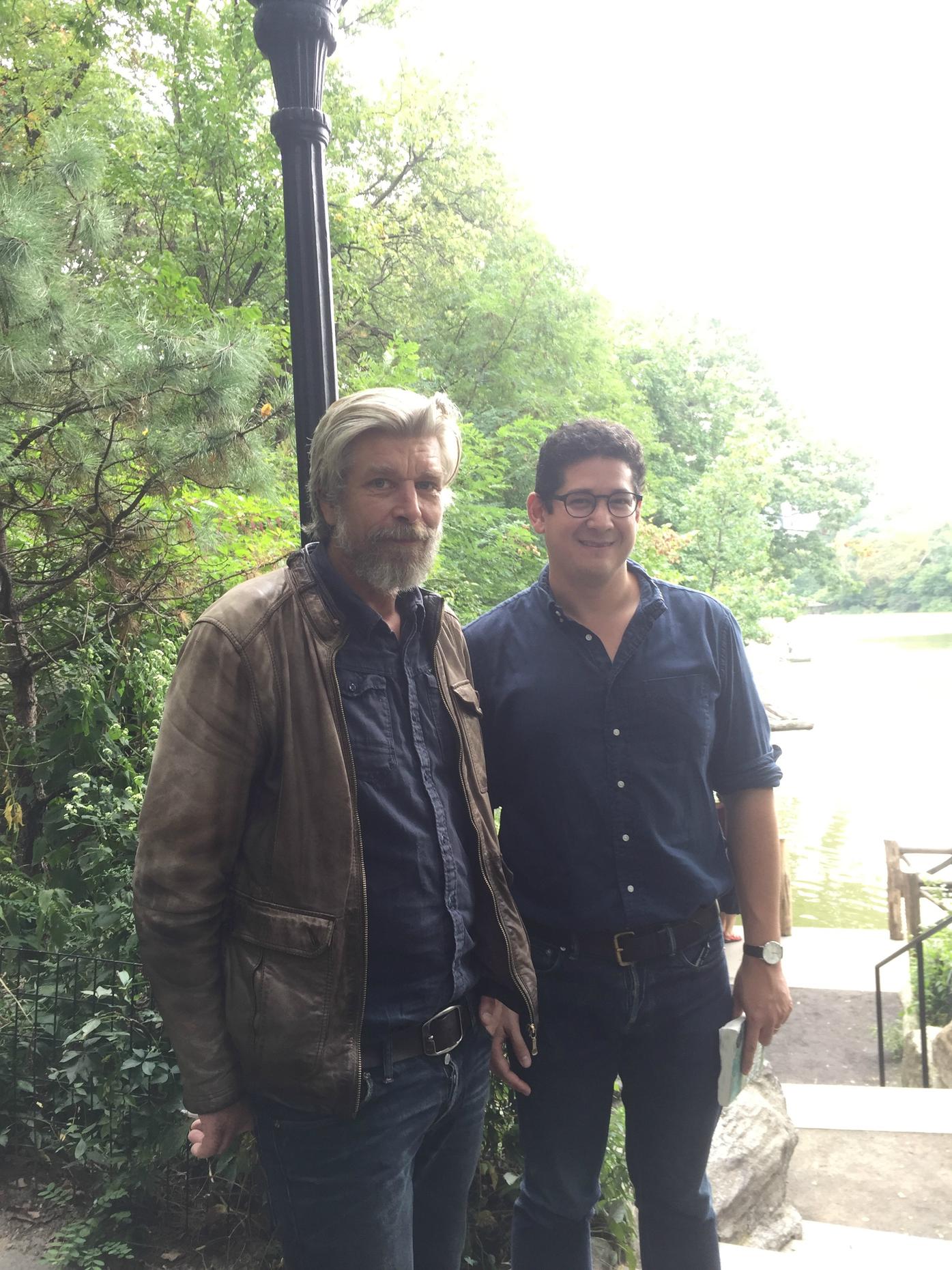
Espen took that path, and I followed him like a brainless puppy, it was true, but I did follow him. “Modernist literature with all its vast apparatus was an instrument, a form of perception, and once absorbed, the insights it brought could be rejected without its essence being lost, even the form endured, and it could be applied to your own life, your own fascinations, which could then suddenly appear in a new and significant light. My picture of my father on that evening in 1976 is, in other words, twofold: on the one hand I see him as I saw him at that time, through the eyes of an eight-year-old: unpredictable and frightening on the other hand, I see him as a peer through whose life time is blowing and unremittingly sweeping large chunks of meaning along with it.” Knowledge is distance, knowledge is stasis and the enemy of meaning. Meaning requires content, content requires time, time requires resistance. It no longer meets any obstacles, everything is set, time races through our lives, the days pass by in a flash and before we know that is happening we are fort, fifty, sixty. That is when time begins to pick up speed. Then one day we reach the point where all the necessary distances have been set, all the necessary systems have been put in place. We read, we learn, we experience, we make adjustments. Throughout our childhood and teenage years, we strive to attain the correct distance to objects and phenomena. When it has been fixed we call it knowledge. At length we bring it within the scope of our senses and we stabilize it with fixer. Things that are too large, such as cloud formations, river deltas, constellations, we reduce.

Things that are too small to see with the naked eye, such as molecules and atoms, we magnify. Understanding the world requires you to take a certain distance from it. “As your perspective of the world increases not only is the pain it inflicts on you less but also its meaning.


 0 kommentar(er)
0 kommentar(er)
